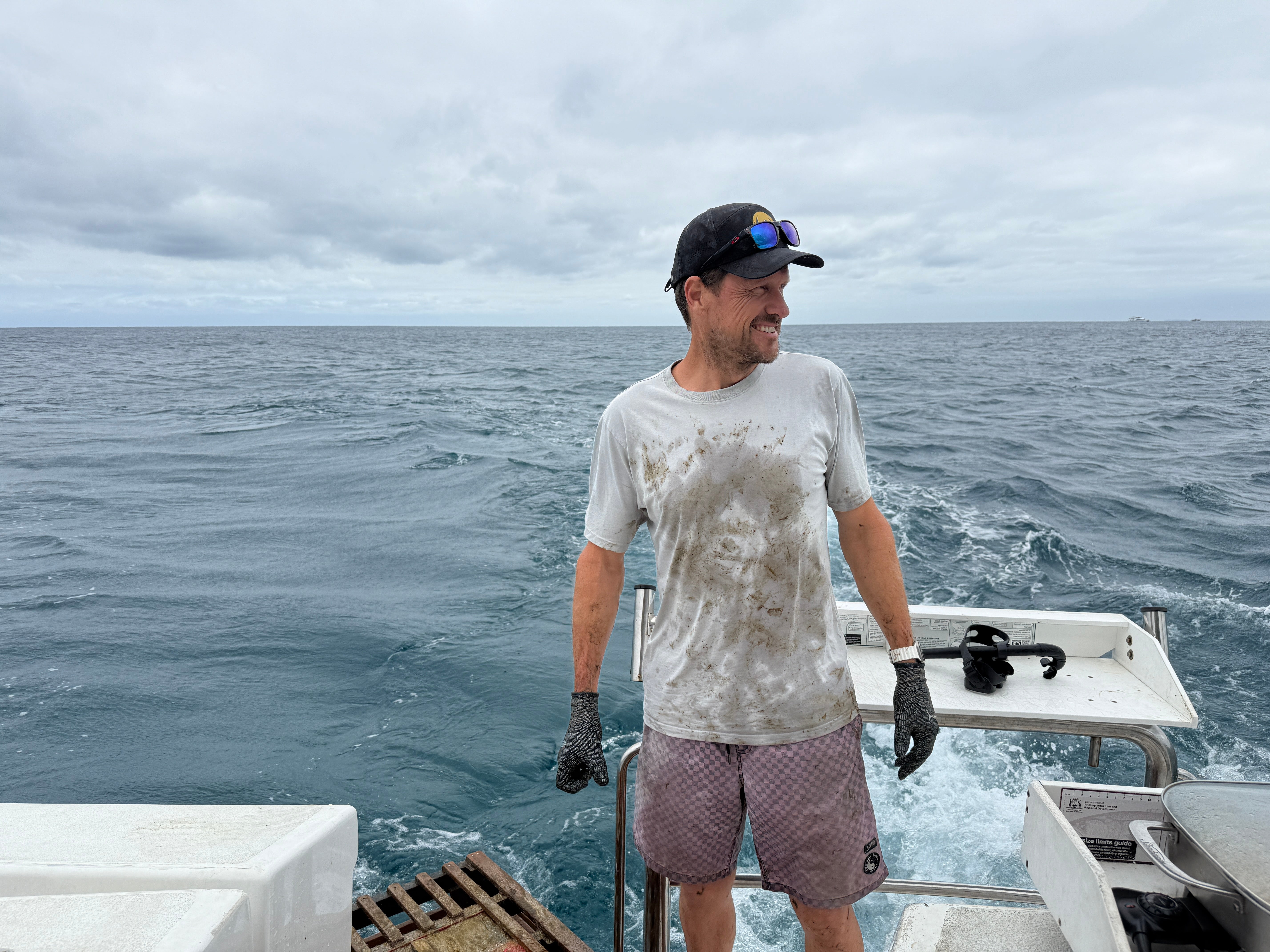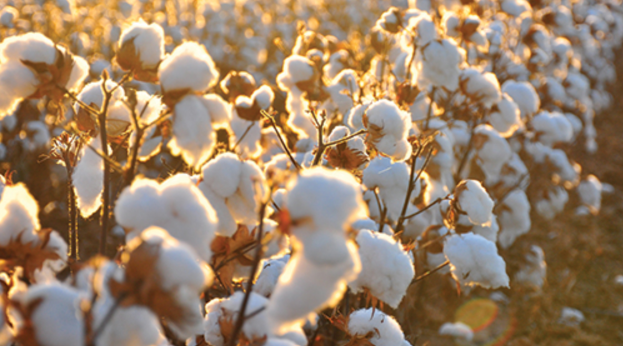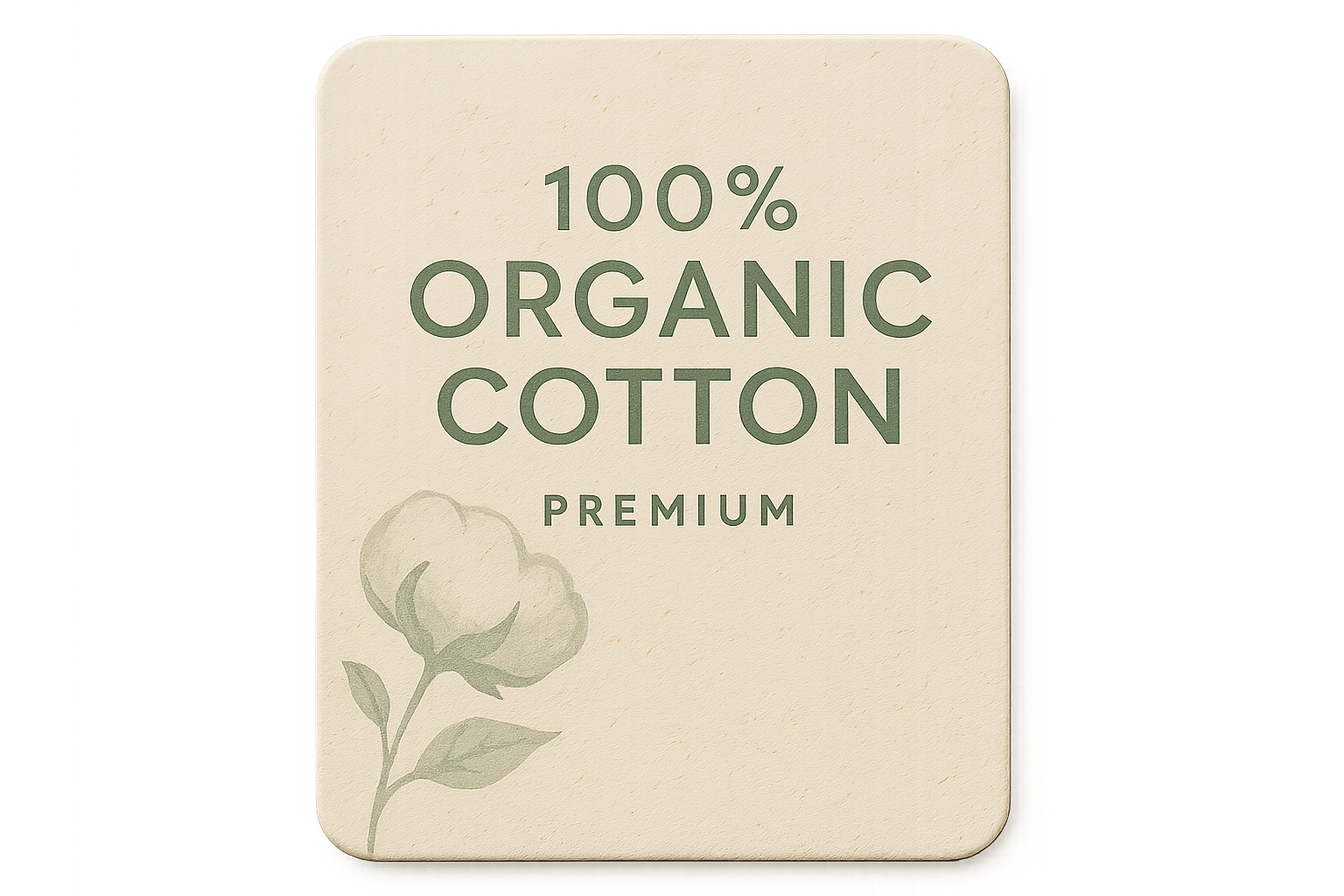
Sustainable laundry ideas
Below we share a few simple ideas to prolong the life of your clothes AND help our environment.
- Wash less: Your clothes don't need to be washed every time you wear them. Some clothes prefer not to be washed (your jeans!) So make sure your clothes are actually dirty before throwing them into the washing pile. Air them out instead - you will be pleasantly surprised how much better they small after a couple of hours in the fresh air.
- Wash with cold water: This is better for your clothes and the environment!
- Use eco-friendly detergents: There are some great eco-friendly products on the market so all you need to do is a little research to find the best options for you. Alternatively, use the tried-and-tested cleaning champion, vinegar.
- Load-up your machine: Don't waste precious energy and water with a half-full machine. Make sure every wash is a full wash.
- Consider the microfibres: Microfibres and microplastics will be released into the water when you wash your clothes. So consider options to save these polluting our environment. Use filters or washing bags and dispose of the microfibres sensibly.
- Dry your clothes in fresh air: Save using your dryer and allow your clothes to enjoy some fresh air.

